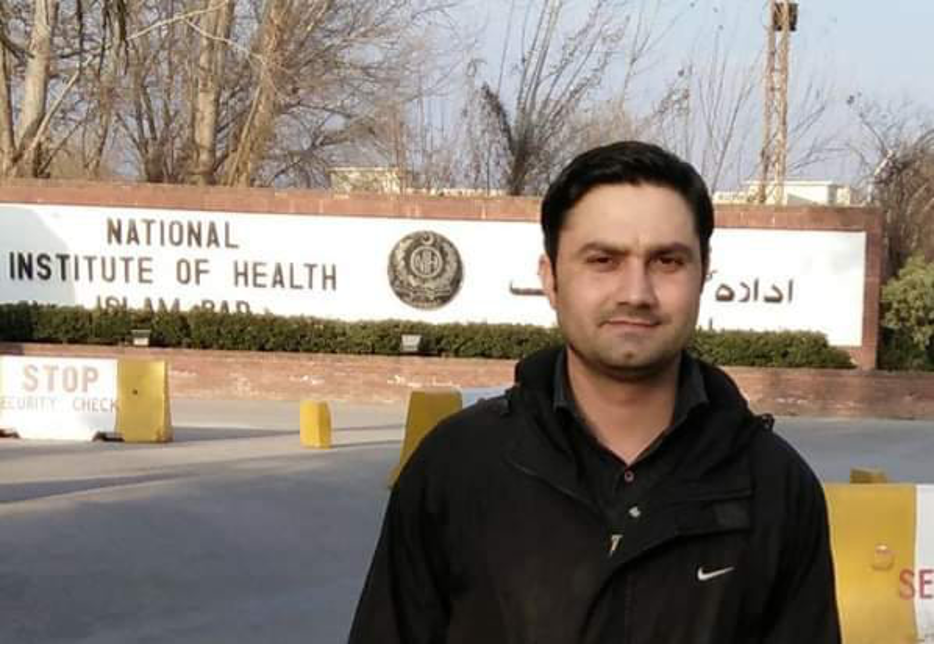National Antimicrobial Stewardship Plan (NASP)
The National Antimicrobial Stewardship Plan (NASP) is being developed to support the national action plan on antimicrobial consumption, utilization, and resistance. Learn MoreObjectives
NASP aims to support the national surveillance and promote operational research to strengthen the evidence, which is based on antimicrobial stewardship. Thus, it will also help to inform decision-making and drive national actions. The main target of NASP is to support countries – especially low-income and middle-income countries, in implementing Objective 4 of the Global Action Plan

Optimization
Optimize the use of antimicrobial medicines in human and animal health
.

Enforcement
Update and enforce regulations for human and veterinary antimicrobial utilization.
Scope
A major challenge in public and private sector hospitals is the lack of cooperation and coordination amongst the healthcare professionals. Prescribing antibiotics is a team effort of physicians, nurses, microbiologists, and pharmacists, to help improve the patients’ health. Antimicrobial Stewardship Program (ASP) ensures the participation of each healthcare professional, thus minimizing the irrational use of antibiotics and optimizing the therapeutic regimes of infectious diseases. The program can aid the medical staff to enhance the quality of life by reducing the risk of antimicrobial resistance, reducing the overall economic health burden, ensuring patient safety, reducing treatment failures, and improving diagnosis.
Hospital’s and Outpatient’s Stewardship
ASPs can help clinicians improve clinical outcomes and minimize harm by improving antibiotic prescriptions. Hospital prescribers and pharmacists can improve antibiotic prescription by optimizing antibiotic selection, re-assessing antibiotic treatment when the results of diagnostic testing are available, and using the shortest effective duration of therapy.
Hospital antibiotic stewardship programs can increase infection cure rates while reducing:

Treatment failures

Hospital acquired infections (HAIs)

Adverse effects

Antibiotic resistance

Hospital costs and lengths of stay
Fixing one program as a standard for an antibiotic prescription for all hospitals is not acceptable because each hospital has its own needs. Physicians’ priorities are also different for different indications. So, adapting CDC’s Hospital core elements for antimicrobial stewardship program makes the decisions regarding antibiotic prescription easy. These core elements are attached in the resources section. Similarly, there are also core elements for antibiotic stewardship for outpatient facilities. This helps the clinicians improved antibiotic prescribing, and measures the use by the patients.

Collaboration
To implement the Antimicrobial Stewardship Program, we are working in collaboration with international stakeholders. At a national level, we have AMR & IPC sentinel sites to support the national program (NASP), improve prescribing practices, and therefore, reducing the risk of antimicrobial resistance.
AMR Sentinel Sites
National Stewards

Maj. General Dr. Aamer Ikram
Executive Director-NIH

Dr. Muhammad Salman
Chief, PHLD-NIH

Dr. Afreenish Amir
Technical Officer AMR-NIH

Dr. Tamoor Hamid Chaudhry
Senior Scientist AMR-NIH

Numrah Safdar
Pharmacist AMR-NIH

Saadia Ambreen
Scientific Officer-NIH
HEADING 1
This is a body of the image

Interactive activities
Please fill the form to share your interactive activities with us or get in touch with us for further details.
Antimicrobial Resistance Department, National Institute of Health (NIH) Park Road, Chak Shahzad, Islamabad, Pakistan












